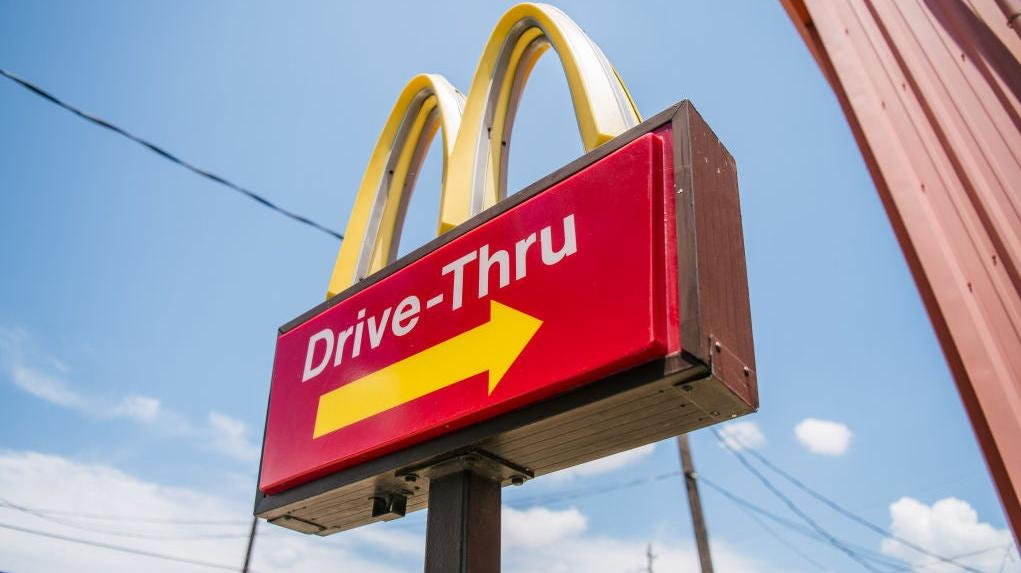McDonald's And IBM Join Forces To Advance Mutual Robot-Related Interests
McDonald's has taken another major step toward a fully-automated future.
Behind nearly every corporate food monolith you know and love is a secret, shadowy organization dedicated to innovation, and by "innovation," I mean robots. While KFC was making noise about developing a chicken sandwich, the mad scientists behind the scenes were also developing a facial-recognition-dependent restaurant in Russia. As Walmart was gradually becoming the most dominant supermarket in America, it was also sinking millions of dollars into delivery drones and automation systems that will crush all its competitors into oblivion radically change the future of retail. And at McDonald's, there is McLabs, a technology lab in the heart of Silicon Valley developing exciting new ways to improve the drive-thru experience and weave the Golden Arches into the very fabric of human existence.
McLabs opened in 2019 shortly before McDonald's acquired Apprente, a company that created voice-based platforms for conversational ordering that it had been quietly testing at ten Chicago-area restaurants. Last week, McDonald's announced that McLabs is leveling up, partnering with IBM to accelerate the growth of this automated voice-ordering technology and the AI systems that will soon run every McDonald's restaurant and presumably, one day, the world.
QSR Magazine reports that during McDonald's Q3 earnings call with investors, CFO Kevin Ozan said that McLabs has made serious headway in the development of its voice-recognition technology; in real-world tests, the tech has shown 85% accuracy, with human employees needing to intervene about 20% of the time. McLabs is partnering with IBM to put the finishing touches on the tech and to deploy it at scale.
"We're seeing some very encouraging results in the restaurants that we have it," added McDonald's CEO Chris Kempczinski, "but there is still a lot of work that needs to go into introducing other languages, being able to do it across 14,000 restaurants with all the various menu permutations, etc., and that work is beyond the scale of our core competencies, if you will. And so I think in this case, IBM is a natural partner for us."
Kempczinski added that it will still be a few more years until the automated voice-ordering will be rolled out nationally, provided that the courts don't intervene. Earlier this year an Illinois man filed a lawsuit against the fast-food chain, claiming that by using voice-recognition software to take his order, McDonald's has violated the state's Biometric Information Privacy Act (BIPA), which requires companies to inform customers that they are collecting biometric information, which can include voiceprints, fingerprints, facial scans, handprints, and palm scans. But considering that America's judicial system has a knack for siding with big business, and that it's probably just a matter of time before all judges are replaced by robots themselves, the odds are good that in ten years' time, a trip to McDonald's will be a nearly human-free experience.
